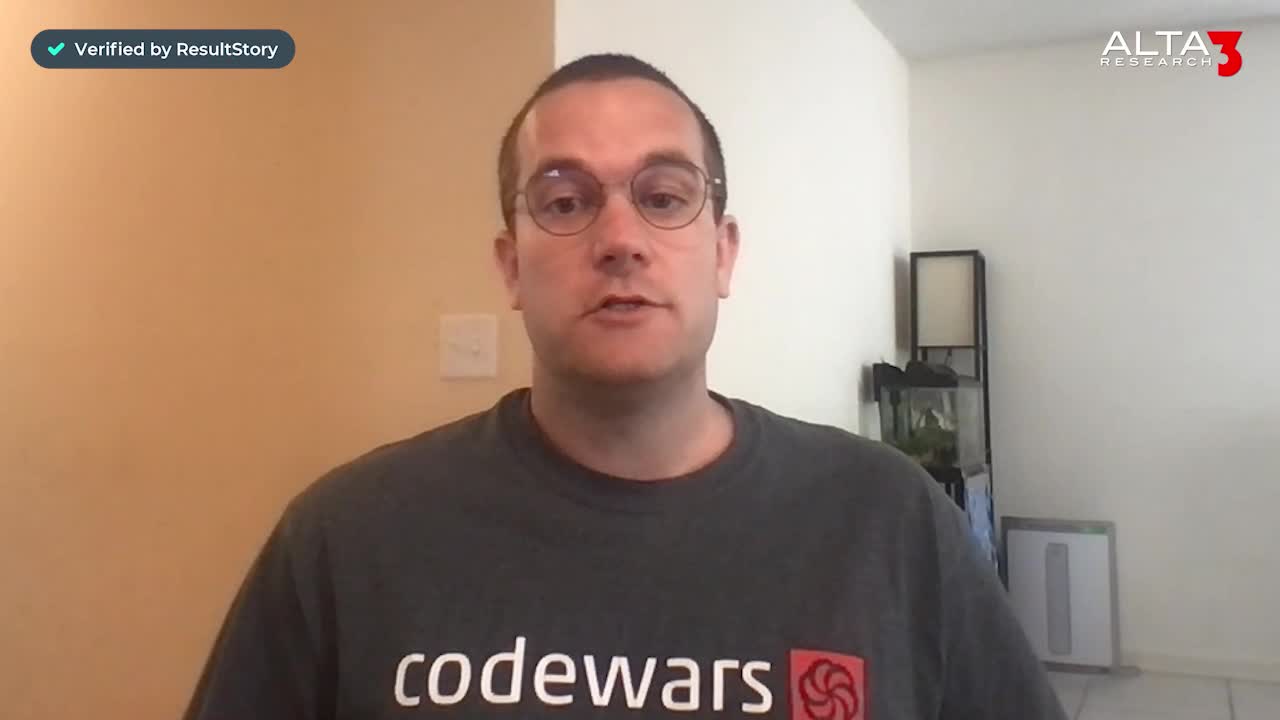Java RESTful Services Essentials
Master the powerful world of Java RESTful Services Essentials with our comprehensive, interactive course designed for experienced Java developers and architects to proficiently design, implement, and optimize RESTful web services.

Essential Skills Gained

Understand basic and advanced REST principles

Design secure, scalable REST services

Implement RESTful services using JAX-RS

Develop and manage Java RESTful clients
Format
- Instructor-led
- 2 days with lectures and hands-on labs.
Audience
- Java Developers
- Software Architects
- Backend Engineers
- Technical Leads
Description
Geared for experienced Java developers, Java REST Essentials is a two day, lab-intensive services training course that introduces developers to the core concepts, principles, and Java implementations for RESTful services. Today's development environments are increasingly dominated by sophisticated tooling that makes the implementation of RESTful services less arduous. The proper design of these services is far more complex and demanding. Java RESTful Service Essentials focuses on providing an understanding of the fundamental principles and technologies that are used in building these services. This understanding is critical to being able to diagnose, troubleshoot, tune, and perform other lifecycle activities.
Upcoming Course Dates
No upcoming dates. Please check back later.
Course Outline
Download PDFOverview of REST
The basics of the REST architectural style
The advantages and disadvantages of that style
Relating REST to HTTP
The advantages and disadvantages of that implementation
The comparisons between SOAP and REST
Tutorial: Building Web Applications in Intellij
Designing RESTful Services
The basic process for designing RESTful services
Best practices for defining endpoints
Options and best practices for exchanging data
Requirements associated with the HTTP methods
Best practices for using HTTP methods
Options for extending operations
Introduction to JAX-RS
Understand some of the features of the JAX-RS framework
Be familiar with process for implementing RESTful services
Be able to develop and deploy a simple REST service
How JAXB supports XML interoperability
How to use JAXB with JAX-RS
@Path: URI Matching
JAX-RS mechanisms for mapping URIs to resource
How to use @Path expressions to map URIs
How to use @Path expressions to extract values from URIs
JAX-RS Content Negotiation
JAX-RS built-in content handler
How to inject content handlers into service
Basics of working with JSON
Capabilities for HTTP content negotiation
JAX-RS mechanisms for supporting content negotiation
JAX-RS Request and Response
How information about the request can be injected into the resource
The different injection targets of the resource
How to build a ‘complex’ response
How to respond to a HTTP POST
The JAX-RS exception hierarchy
How exceptions can be mapped to response codes
JAX-RS Client API
Be able to invoke a JAX-RS service using the client API
Understand the purpose of the WebTarget object
Be able to dynamically resolve path template values
Understand some of the return codes
Be able to filter client request and server responses
JAX-RS Filters and Interceptors
Understand the purpose of JAX-RS filters
Be able to develop interceptors
Be able to define global filters and interceptors
Dynamically add interceptors and filters
Understand NameBinding
Asynchronous JAX-RS
Be able to make asynchronous requests
Develop resources to process request asynchronously
Your Team has Unique Training Needs.
Your team deserves training as unique as they are.
Let us tailor the course to your needs at no extra cost.
See What Other Engineers Are Saying
Trusted by Engineers at:
and more...

Aaron Steele

Casey Pense

Chris Tsantiris

Javier Martin

Justin Gilley

Kathy Le

Kelson Smith

Oussama Azzam

Pascal Rodmacq

Randall Granier

Aaron Steele

Casey Pense

Chris Tsantiris

Javier Martin

Justin Gilley

Kathy Le

Kelson Smith

Oussama Azzam

Pascal Rodmacq

Randall Granier